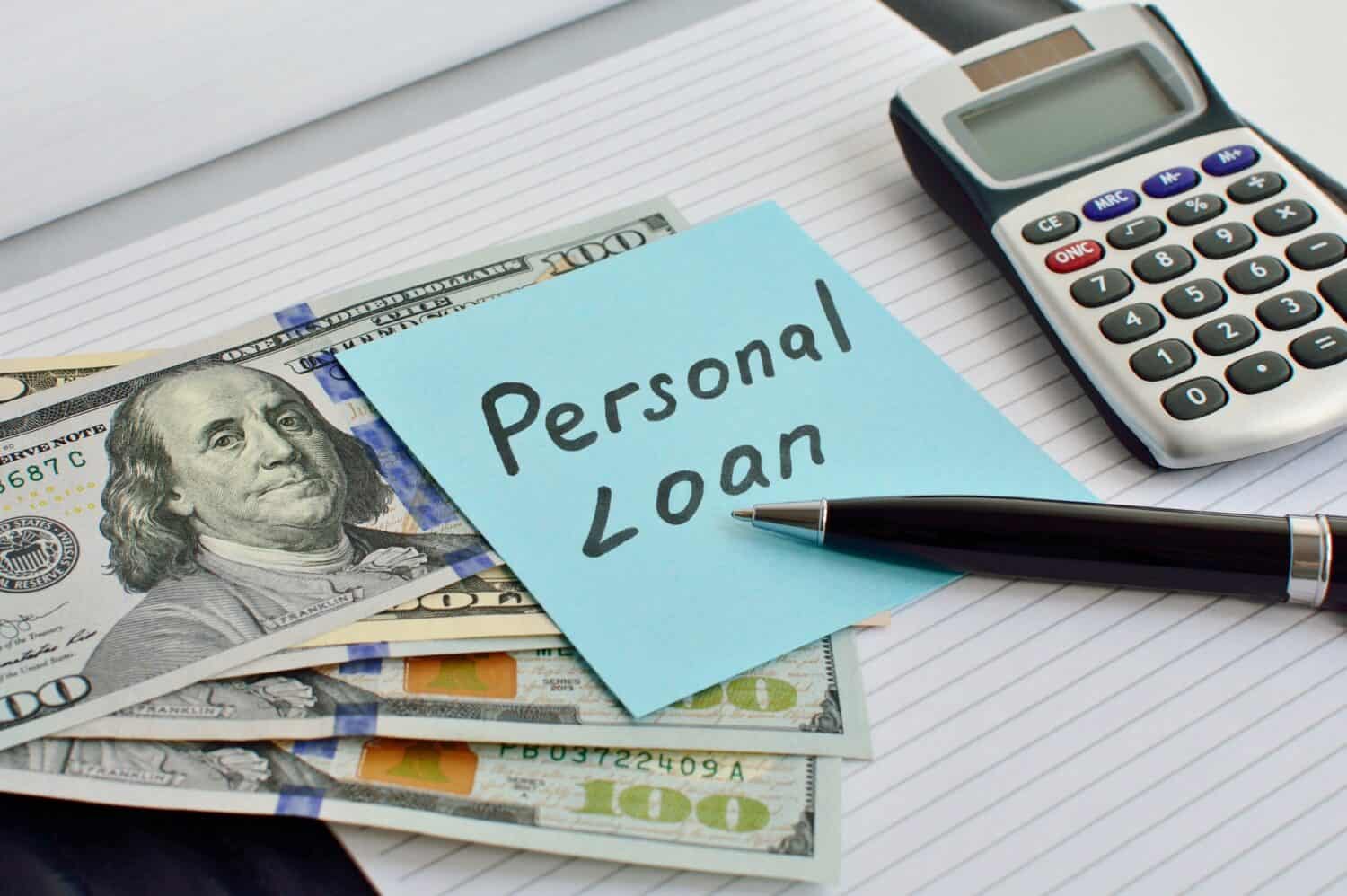
Credit cards charge some of the highest interest rates around, so these can put a real dent on your finances if you’re not careful.
But don’t fret. There are plenty of ways to avoid credit card interest or reduce it quickly so you can get back on track. Here are some points to consider.
1. Pay off your entire balance each month

If you pay off the entire balance on your credit card before your next bill hits, the bank won’t be able to charge you any interest at all.
Plus, making full on-time payments can help you boost your credit score. That’s because timely payments are the second most important factor that modeling systems like FICO and VantageScore use to calculate your credit score. The most important one is credit utilization or how much of your available line of credit you’ve used.
So if you keep paying off your entire balance each month, you’ll have your entire available balance ready for use afterward. This can help you maximize your credit score and it looks good to the main credit bureaus TransUnion, Equifax and Experian.
A high credit score can help you secure low interest rates on credit cards, mortgages, student loans and more.
2. Take advantage of 0% APR periods

As a promotion, many banks offer credit cards with introductory 0% APR periods which can last from six to 21 months. This can be an effective feature when it comes to making big purchases, because it allows you to pay it off interest-free over time.
But it’s important to be careful here. Once that introductory period ends, the 0% APR can jump to around 34%, depending on the interest rate environment at the time.
So try to pay off your credit card balance before the introductory period ends, so you could make the most of your savings.
3. Use a balance transfer card

Balance transfer cards allow you to take the balance you have on one card and move it to a new credit card – often with a long 0% APR period.
This can help you pay off a large credit card balance in monthly installments with zero interest. But keep in mind that most balance transfer cards charge a 3% fee based on the amount you’re transferring or a flat fee, whichever is higher.
And remember that a 0% APR introductory period on a balance transfer card doesn’t last forever. After that period is up, the card’s APR will increase and you’d owe interest on the remaining balance.
Unfortunately, balance transfer cards are usually reserved for people with high credit scores. But there are other options.
4. Consider a personal loan

In general, personal loans come with much lower interest rates than credit cards. The average interest rate on a credit card is 21.47% and the average rate on personal loan is 12.35%, according to the latest data by the Federal Reserve Bank of St. Louis.
You can use a fixed-rate personal loan to pay off all your credit card debt. From there, you can pay back the loan through predictable monthly installments for up to five years or more.
However, you’d also need a good credit score to qualify for the best personal loan rates. But you can still utilize different strategies to get out of credit card debt.
5. Use the avalanche/snowball methods

The avalanche and snowball methods are two strategies you can use to pay off credit card debt over time. Here’s how each works.
Avalanche method: List all your credit card balances in order from those with the highest-to-lowest interest rates. You can find the APRs on your bank statements online. Continue making minimum payments on all, but devote a bit extra to the one with the highest APR. Once you pay off that card, use what would have been the payment on that card to target the one with the second-highest interest rate. And continue moving down the line.
Snowball method: Gather a list of all your credit card balances from smallest to largest. Keep making minimum payments, but put a little extra toward paying off the one with the smallest balance. After paying that one off, put what would have been a payment on that card toward the next smallest balance. Keep doing this until all your cards are paid off.
The Bottom Line

One of the best ways to avoid interest charges on your credit card is to pay off your balance in full each month. This would not only prevent the bank from charging you interest, it can help you improve your credit score. If you’re in deep credit card debt, a personal loan or balance transfer card can help you pay it off at little or no interest, respectively. You can also utilize the payment strategies known as the avalanche or snowball methods.
It’s Your Money, Your Future—Own It (sponsor)
Are you ahead, or behind on retirement? For families with more than $500,000 saved for retirement, finding a financial advisor who puts your interest first can be the difference, and today it’s easier than ever. SmartAsset’s free tool matches you with up to three fiduciary financial advisors who serve your area in minutes. Each advisor has been carefully vetted and must act in your best interests. Start your search now.
If you’ve saved and built a substantial nest egg for you and your family, don’t delay; get started right here and help your retirement dreams become a retirement reality.
Thank you for reading! Have some feedback for us?
Contact the 24/7 Wall St. editorial team.





